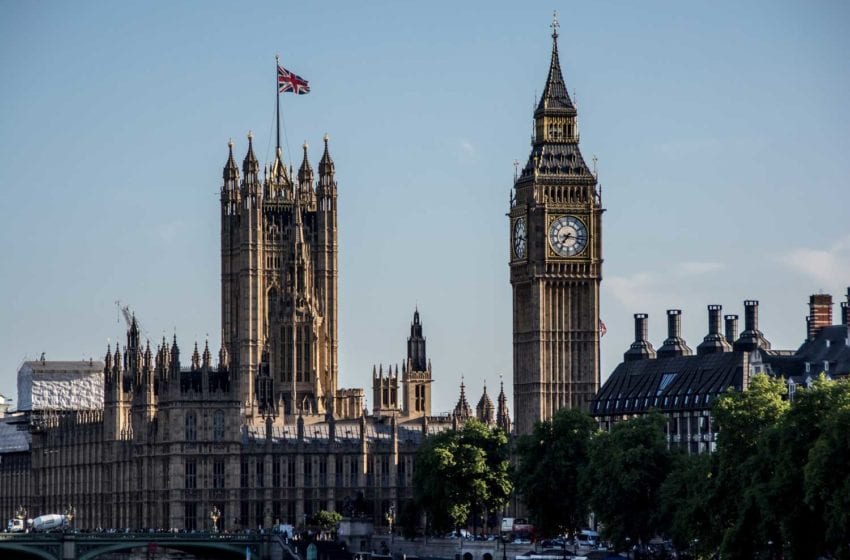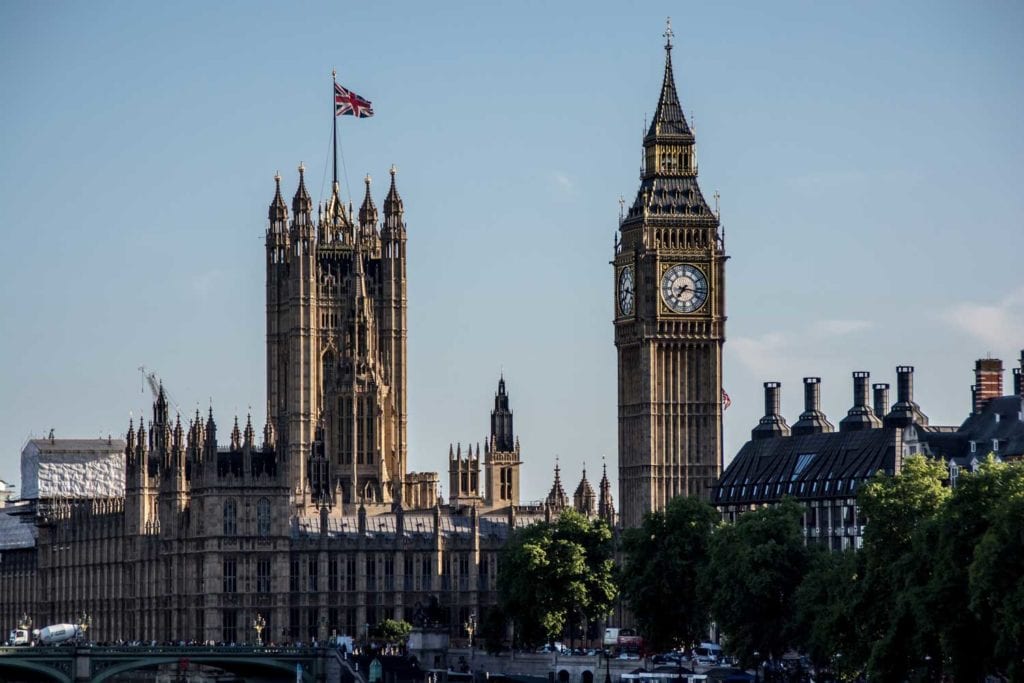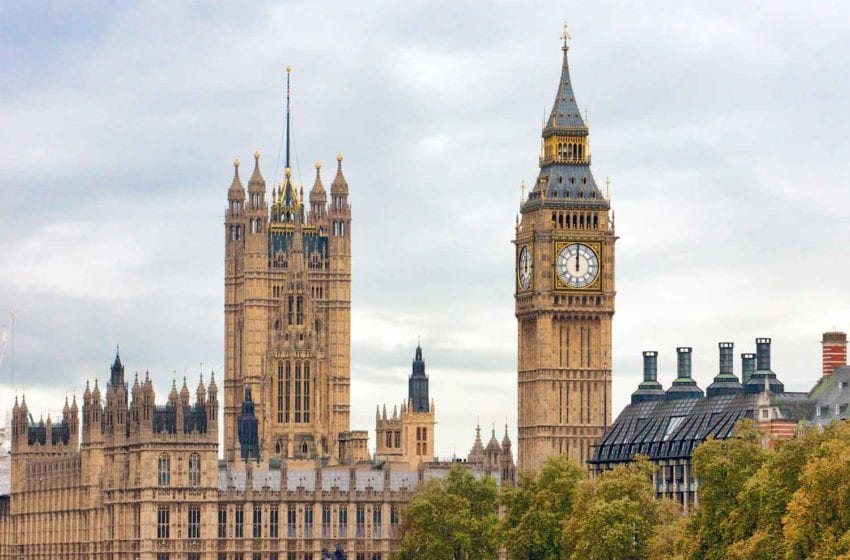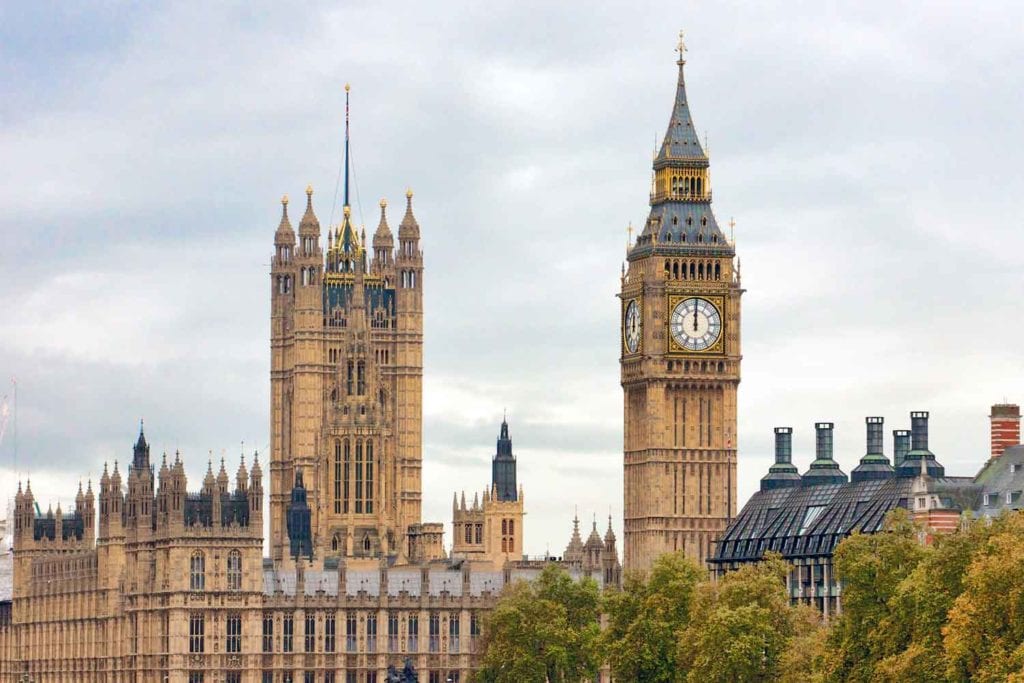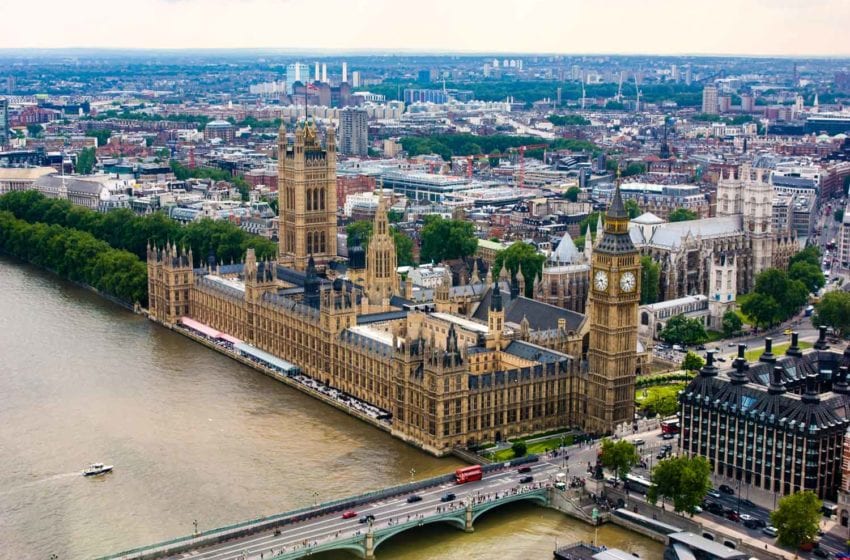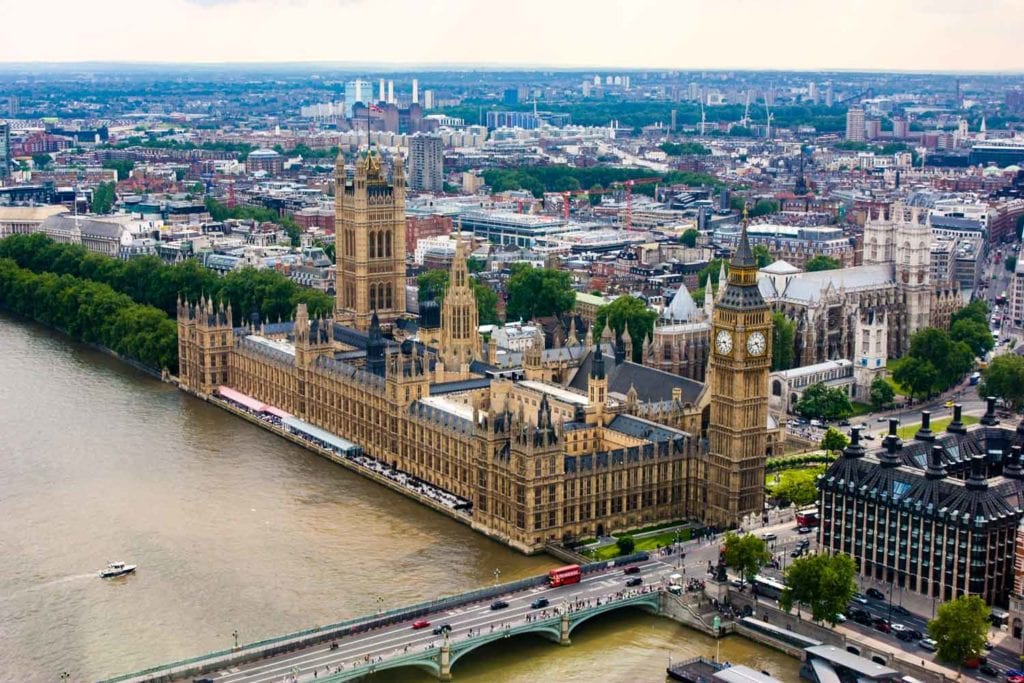MPs from the U.K.’s two main political parties agree that vaping holds the key to Britain achieving its ambitious target to be a “smoke-free” nation by 2030, according to a report by the U.K. Vaping Industry Association (UKIVA).
The All Party Parliamentary Group (APPG) on Smoking and Health presented its latest recommendations for a new Tobacco Control Plan (TCP) at Westminster yesterday.
Among its range of proposals to curb smoking prevalence in the U.K. were recommendations to expand the use of vaping based on the mounting “data and evidence” pointing to e-cigarettes’ efficacy in helping smokers to quit.
In a departure from most cross-party debates, there was universal consensus that vaping should be a central part of any plan for the U.K. to meet its smoke-free targets and save lives.
The first MP to bring vaping into the debate was Mary Glindon (Labour) who sits on the APPG on E-cigarettes.
She said, “The forthcoming Tobacco Control Plan presents an enormous opportunity to cement the U.K. as the global leader in tobacco harm reduction.
“Having left the EU, the government must alongside the post-implementation review of the Tobacco and Regulated Products Regulations (TRPR) set a clear direction for reducing smoking prevalence.
“To achieve its ambitions, the forthcoming control plan must champion less harmful alternatives to smoking combustible tobacco, in particular the growing body of evidence showing vaping to be the most effective alternative for adult smokers looking to quit smoking.
“In its Blueprint for Better Regulation, the U.K. Vaping Industry Association made recommendations to the Department for Health for consideration when reviewing TRPR, a process already under way.
“Those recommendations, many of which I support, could also be applied to the government’s TCP.
“One of those recommendations is effectively tackling increasing levels of misinformation and misperceptions about the relative harm of e-cigarettes versus tobacco.
“ASH data suggests millions of smokers could be dissuaded from switching to e-cigarettes because of incorrect views or confusion about vaping.
“To combat this, the UKVIA recommends that the Department of Health launch an effective communications strategy, including the introduction of approved health claims, and switch messages displayed on vape devices and e-liquid packaging.
“It also recommends that medical professionals at local stop-smoking services are supported with clinicians signposted to the latest clinical guidance and evidence about e-cigarettes.
“An evidence-based approach to smoking cessation must be adopted consistently by local services to support patients and their harm reduction journey—this is critical, considering the trials in NHS A&E departments.
“There should also be a review of regulations of nicotine in e-cigarettes to better understand the role nicotine plays in allowing e-cigarettes to be a satisfying alternative for adult smokers.
“For vaping to compete with combustible cigarettes and provide and alternative, it must provide a comparably satisfying nicotine experience.
“It is the toxic byproducts, not the nicotine, that are responsible for smoking-related deaths and diseases.
“Understanding alternatives and making clear distinctions between smoking and vaping are critical to our smoke-free ambitions.
“The APPG on Vaping made several recommendations on vaping in the workplace and in public places; these are endorsed by the UKVIA and if implemented would support adult smokers in their transition to less harmful alternatives and give those who already made the switch the best chance of sticking with it.”












